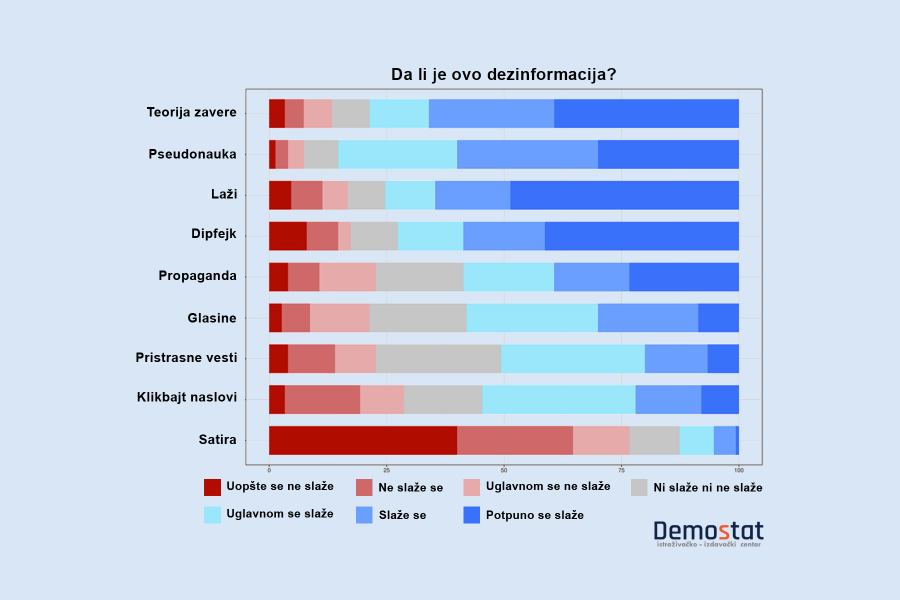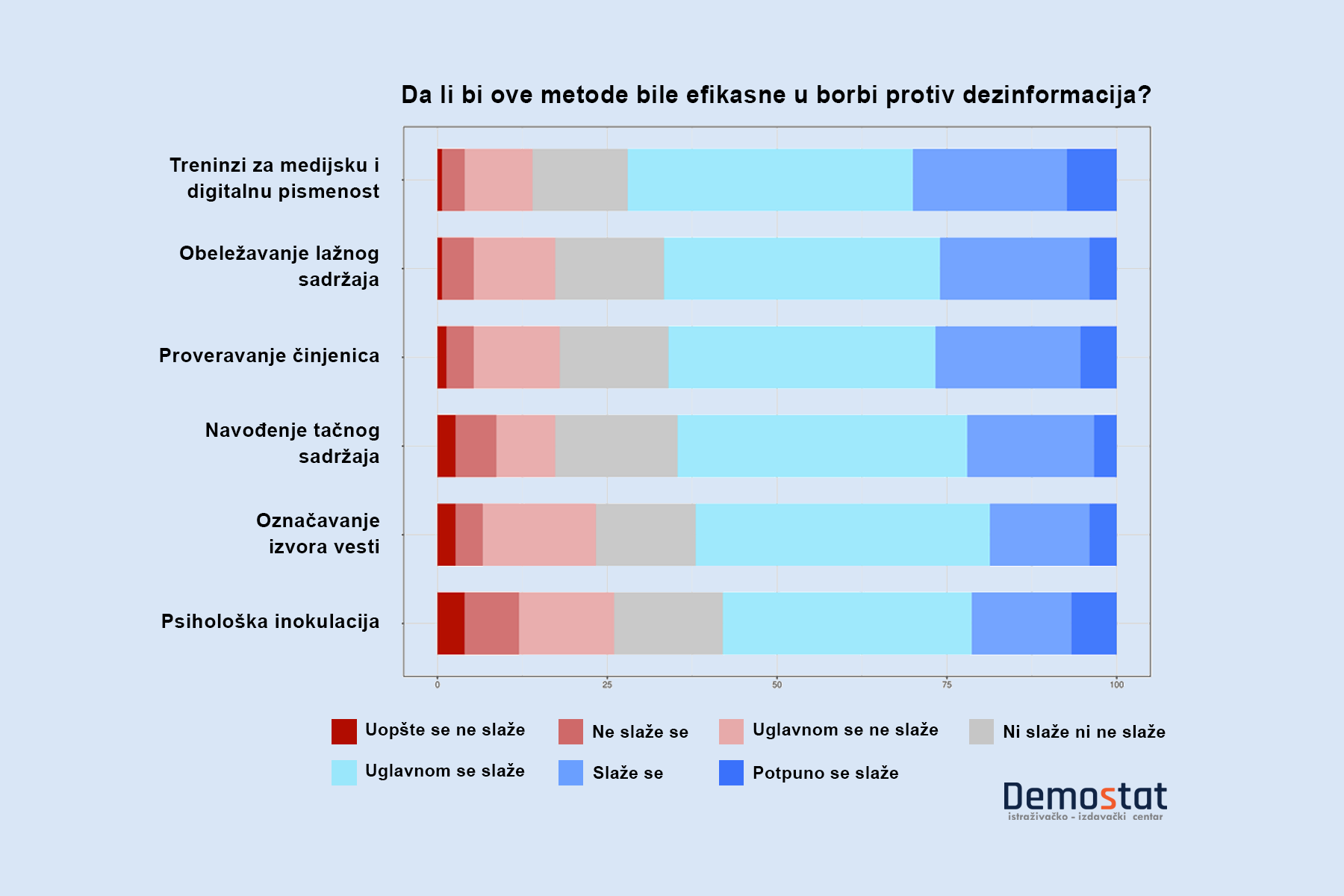Experts who participated in the Harvard Kennedy School research defined disinformation as false and misleading information. According to most experts, bias is the most common reason people believe and share misinformation, while lack of education is among the least mentioned reasons. Experts are optimistic about the effectiveness of methods to combat the spread of disinformation, including media and digital literacy, as well as algorithmic changes. Experts agree that pseudoscience and conspiracy theories can be classified as disinformation, not satirical news. Experts in various fields have disagreed on how much the spread of misinformation is influenced by intent and whether propaganda, clickable headlines, and highly politically biased news stories are misinformation. Social networks help spread fake news even faster.

Experts who participated in the Harvard Kennedy School research defined disinformation as false and misleading information. According to most experts, bias is the most common reason people believe and share misinformation, while lack of education is among the least mentioned reasons. Experts are optimistic about the effectiveness of methods to combat the spread of disinformation, including media and digital literacy, as well as algorithmic changes. Experts agree that pseudoscience and conspiracy theories can be classified as disinformation, not satirical news. Experts in various fields have disagreed on how much the spread of misinformation is influenced by intent and whether propaganda, clickable headlines, and highly politically biased news stories are misinformation. Social networks help spread fake news even faster.

The reasons why people believe and share disinformation to the greatest extent are bias, identity issues, and lack of trust in institutions, according to experts who deal with disinformation in several different fields who participated in the Harvard Kennedy School research.
They believe that methods of combating disinformation, such as media literacy and fact-checking, can be effective if they are widely adopted.
Experts from various disciplines have generally agreed that pseudoscience, conspiracy theories, lies, and deepfakes are forms of disinformation, while satirical news and parodies are not.
There was less agreement and much more uncertainty about which category propaganda, rumors, partisan news, partisan propaganda, and clickbait headlines fall into.
Compared to political scientists, psychologists are more inclined to evaluate propaganda as a type of disinformation.
The most appropriate explanation for why people believe and share misinformation is bias.
About 96 percent of experts agreed that bias is a crucial reason people share misinformation, while 93 percent of respondents believe that bias is critical to explaining why people believe misinformation.
Identity, bias, motivated reasoning, and lack of trust in institutions received very high levels of agreement.
Repeated exposure, inattention, lack of cognitive reflection, and lack of digital or media literacy also received a relatively high level of agreement.
Less than half of experts believe that lack of education and the inability to access reliable news are reasons people think and share misinformation.
Most respondents believe that social networks and platforms have worsened the problem of misinformation.
More than half of the research participants believe that falsehoods spread faster than the truth on social networks.

The statement that polarized the respondents to the greatest extent is the following:
"Disinformation Played a Decisive Role in the Outcome of the 2016 United States Election".
Forty percent of experts agree with that statement, while 39 percent disagree.
Namely, political scientists were very skeptical of this claim. At the same time, 54 percent of psychologists agreed that disinformation played a decisive role in the election outcome, which Republican Donald Trump won.
Regarding preventing the spread of misinformation, the most popular intervention is training, that is, work on media and digital literacy, supported by 72 percent of the experts surveyed.
The least popular, with 58 percent approval, is psychological vaccination - pre-exposure to disinformation, which aims to increase peoples ability to identify standard disinformation techniques.
Experts are also in favor of changing the design of the platforms, which algorithmic changes and content moderation would accompany on social networks.
Experts also support stricter regulations to hold platforms accountable, collect data to detect misinformation, remove misinformation, and even, to some extent, punish misinformation on social media.
In all societies there are issues that are rather being skipped. Certain...
The neoliberal path, started in 2001, has led to especially bad results in Serbi...
For centuries, the region was subsumed within the Ottoman and Hungarian Empires,...
"Serbia has returned to the systemic and anti-systemic position of the political...
In reality, Serbia is closer than ever to NATO. In the course of the last five y...